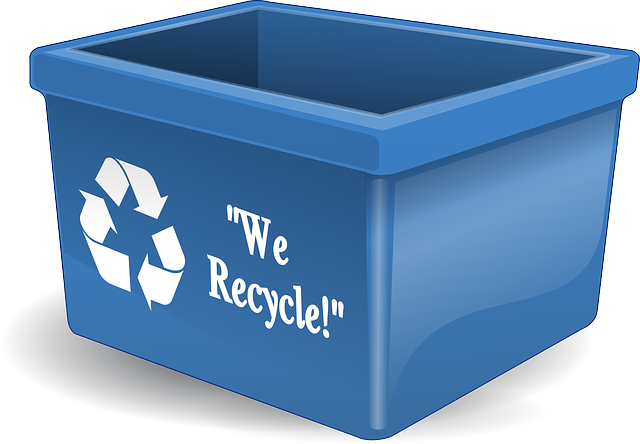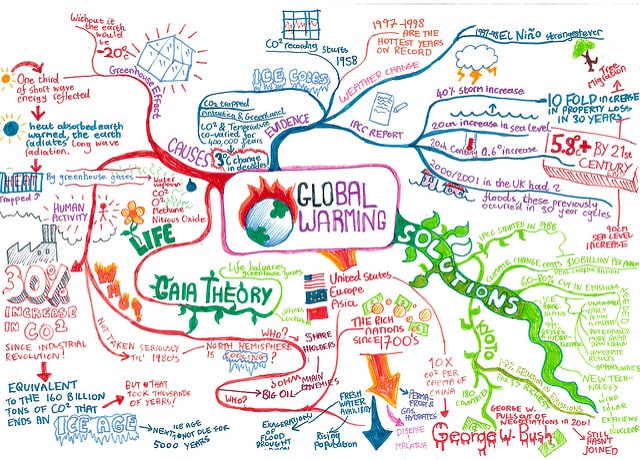9 Breathtaking Benefits of Recycling

Recycling is the act of processing used or obsolete materials for use in creating new products. Commonly, it refers to the mantra ‘Reduce, Reuse, Recycle.’ Recycling significantly helps to reduce pollution in the environment. Most people may not know it, but the truth of the matter is that there are numerous recycling benefits.
The earth’s resources are getting slimmer and slimmer, and the creation of new products simply worsens the situation because not only does it require new raw materials but also tons of energy that pump more emissions and toxic byproducts into our environment. As we know it, most of the new raw materials are either extracted from our natural forests or within the earth’s crust, degrading and damaging our natural environments.
Well, after reading this article, you will be amazed just how recycling can be highly beneficial. Below are few of the leading benefits of recycling.
- Bypass the Landfills
Majority of people find landfills irritating, unhealthy, and unpleasant. Through recycling, we can easily avoid the creation of more landfills as fewer materials will reach the landfills. Recycling can significantly help reduce the size of landfill over some time.
At the same time, it ensures the same landfill remains useful for many years instead of creating more landfill space. This can be of great value especially in urban settings where there is scarce landfill space. Also, recycling restores the beauty of our environments and reduces environmental poisoning and related health implications.
- Preservation of Natural Resources
Recycling stops the depletion of earth’s natural resources. It merely creates wise technologies for utilizing the already existing resources rather than exploiting new ones. For instance, recycling of paper means fewer trees are cut down whereas the recycling of aluminum means less demand for aluminum mining. Recycling of electronics saves millions of mineral ores, majority of which are very toxic to the environment.
The same applies to the recycling of rubber, glass, plastics, cans, and so on. The reuse of these items over and over again simply conserves natural resources such as minerals, timber, coal, water, oil, and energy. Ultimately, it guarantees the sustainability of the earth’s natural resources for the future generations.
- Saves Energy
Majority of the recycling processes use less energy compared to manufacturing the same items from fresh materials since there is the need for extraction, transportation, and processing. The total energy saved depends on the type of material and the required recycling processes.
Aluminum, for instance, saves up to 95% of the energy needed to produce a similar quantity of aluminum from its raw bauxite form. One ton of recycled aluminum can equate to conserving more than 200 million kilowatt hours.
The energy saved from recycling a glass bottle can power a light bulb for hours. Simply put, this signifies just how much energy is saved by recycling used products. Eventually, it reduces reliance on fossil fuels and saves money.
- Saves Money
Recycling brings about a cost-efficient economy. This is because it stops the reliance on frequent imports of raw materials and foreign fossil fuel, cuts down the extraction of mineral ores and other raw resources, and reduces the overall needs for processing costs and energy.
The bottom line is, all expenditure and incurred expenses during extraction and processing, and maintenance of waste disposals are kept to the minimum. Therefore, most of the money are saved and can be used for more important economic demands.
- Creation of Green Jobs
As people become more and more aware of the needs and benefits of recycling, green employment opportunities are created. The demands for research, studies and better technologies in the recycling industry have continued to generate new job opportunities.
All the processes of recycling from sorting, shipping to processing require manpower. As a result, hundreds of jobs are created in the recycling industry on an annual basis.
- Reduction of Greenhouse Gas Emissions
Extraction and processing of new products emit scores of greenhouse gasses into the atmosphere, primarily because of fossil fuel combustion. Recycling saves the total needed energy habitually generated from combusting fossil fuel, resulting in a reduction of greenhouse gas emissions. This as well means that recycling importantly aids in regulating global climate change. A recycling rate of 30% equals to stopping vehicular emissions of 30 million cars.
- Conserves Nature and Biodiversity
With fewer requirements of virgin materials, material extraction from our natural forests, lands or from within the earth crust is significantly reduced. This helps to minimize the damaging and degrading consequences such as soil erosion, deforestation, and water and land pollution in our natural environments. As a result, recycling conserves nature and prevents the loss of our valued ecosystems, biodiversity, and rainforests.
- Promotes Use of Greener Technologies
The notion of ‘Reduce, Reuse, Recycle’ has encouraged more and more people to adopt the use of greener technologies. This includes the utilization of renewable energy sources like geothermal, wind, and solar power so as to conserve energy, minimize pollution, and reduce dependence on fossil fuel, wood, coal, and oil.
- Advances Community Development Programs
Recycling has encouraged the coming together of community programs to promote healthy and cleaner living conditions. Through awareness creation, environmental campaign programs, or healthy lifestyles, many communities and people have united on a mission to change the world and their environments.
The best thing about it is that it includes people of all ages and walks of life, from children to adults and from entrepreneurs to teachers and doctors. Examples include joint efforts to manage waste disposal and raising funds through waste collection. It creates a united community with a shared vision of protecting and preserving the natural environment right from childhood.
Photo by: pixabay






